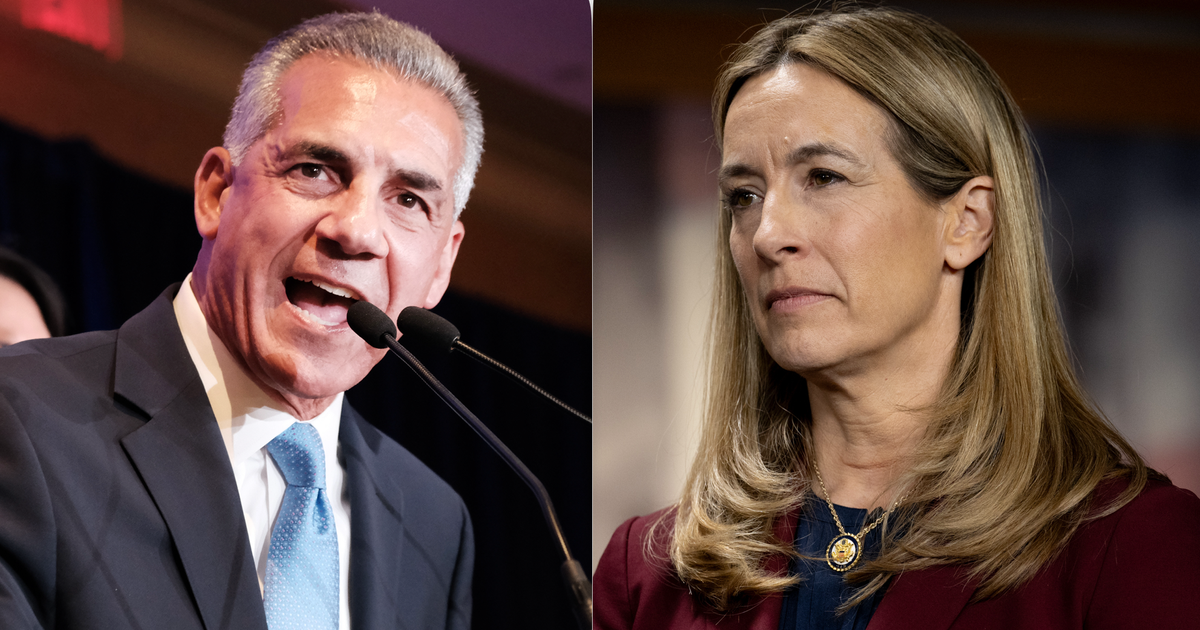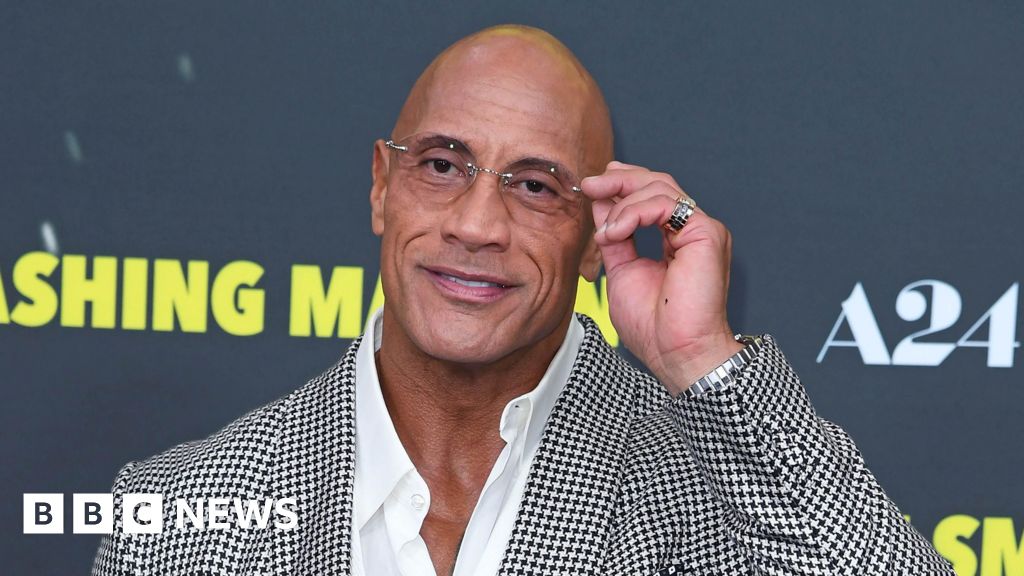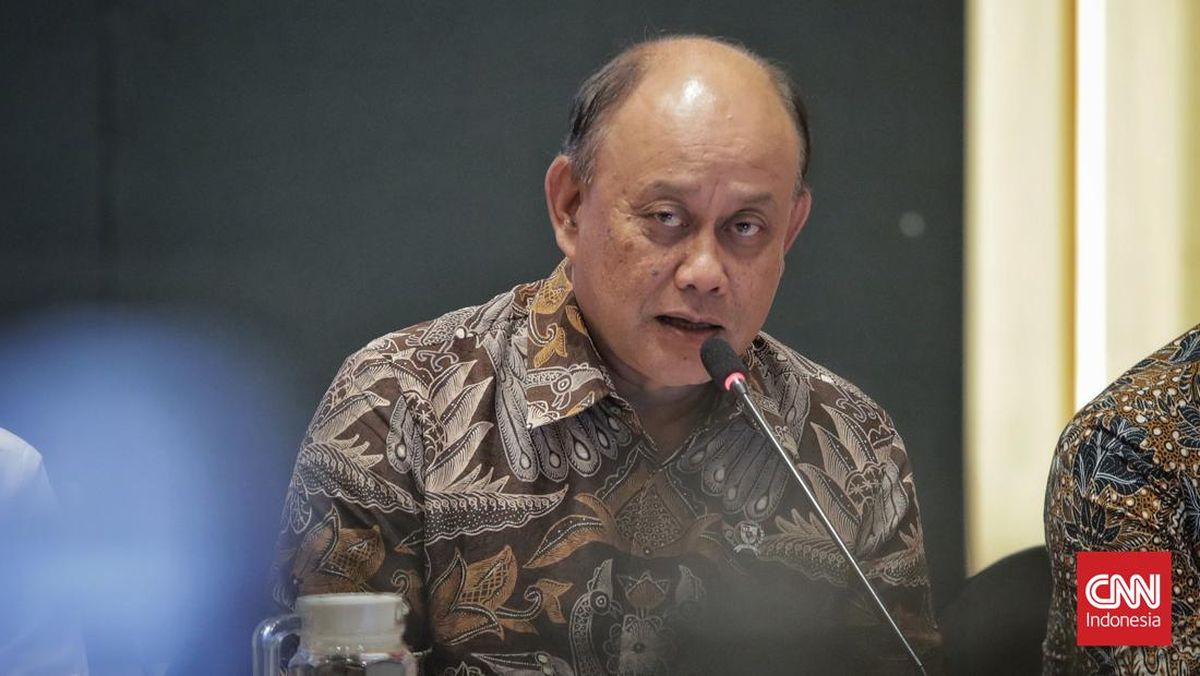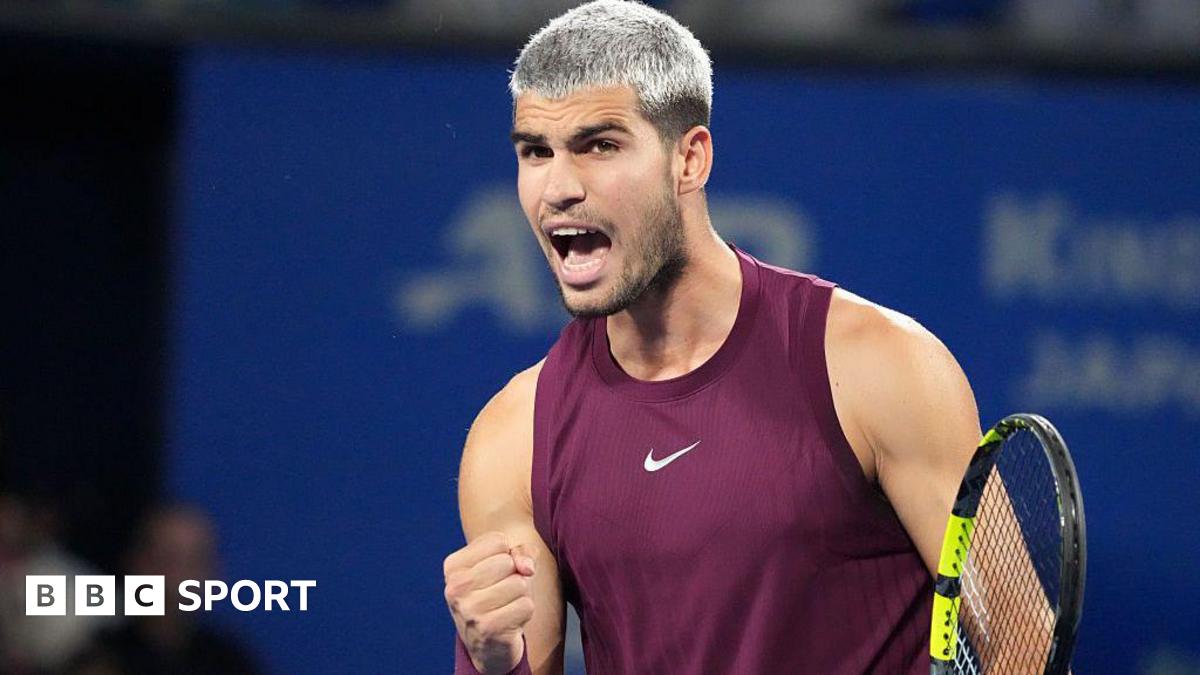SPOILER ALERT: This article contains significant plot details from the season 3 finale
Squid Game’s finale was packed with twists, but perhaps the greatest of them was the cameo by a certain Oscar-winning Australian actor in its final moments.
As the Front Man (Lee Byung-hun) drove through Los Angeles in a black limo, he noticed a familiar sight playing out in a back alley: a recruiter for the game challenging some desperate schmuck to ddakji, in which players take it in turns to try to flip a folded paper tile by throwing another tile onto it with great force.

Squid Game has wrapped up with a series of surprising twists, including a huge sacrifice from Gi-hun, aka Player 456 (Lee Jung-jae).Credit: Netflix
In the Squid Game version, the loser is rewarded with a stinging slap to the face. And in this instance, the person doing the slapping is Cate Blanchett.
That could mean nothing more than that the two-time Oscar winner is a fan of the series or had a day free in her busy schedule and so agreed to film the uncredited cameo. Or it could mean something far more substantial: that the long-rumoured American spin-off, with David Fincher reportedly directing, is about to become reality.
Loading
Series creator Hwang Dong-hyuk has insisted that this third season would be the last. “I am thrilled to see the seed that was planted in creating a new Squid Game grow and bear fruit through the end of this story,” he said in a letter to fans a year ago, as season two was about to launch.
The streamer’s blog site, Tudum, has this week reiterated that the director had “created Squid Game’s goodbye season to give fans the resounding closure they deserve”.
But with the show having grown far beyond the self-contained single season Hwang had originally planned, to become one of Netflix’s most significant pieces of original intellectual property (with a reality show, chat shows and making-of specials to pad out the library), you’d be mad to bet against a spin-off or two.
The finale saw Gi-hun, aka Player 456 (Lee Jung-jae), sacrifice himself in order to ensure the baby of Jun-hee (Jo Yuri) emerged as the game’s winner, complete with massive pot of loot to ease the burden of being an orphan.
He might have been able to keep both himself and the baby alive had either he or his final remaining rival, Myung-gi (Yim Si-wan) – who happened to be the baby’s father – thought to depress the red button to mark the start of the round. But because they did not, Myung-gi’s death didn’t count, meaning it was Gi-hun or the kid. And given his growing altruism throughout the series, and his promise to protect the baby at all costs, there was only one way that could turn out.
If Gi-hun’s self-sacrifice came as a shock (albeit a logical one), the rest of the finale was dedicated to wrapping things up in a way that offered some respite from the overwhelming bleakness of the show’s vision.

Gi-hun (Lee Jung-jae) resisted the temptation to switch to the dark side.Credit: Netflix
North Korean defector turned Pink Guard No-eul (Park Gyu-young) succeeded in keeping alive Player 246, Gyeong-seok (Lee Jin-uk), the artist she knew from the amusement park, who had entered the game in order to raise the money for his young daughter’s life-saving surgery. No-eul also ended with some slim hope of finding her own daughter still alive, in China.
There were other “happy” endings – or at least as happy as Squid Game will allow – including Front Man paying a visit to Gi-hun’s daughter in LA, and offering proof to her that her father was not simply a deadbeat, he loved her, and he in fact gave everything for her … and here’s a bank card with 456 billion won in the account to prove it. (Whether the gift of a blood-soaked tracksuit is quite the way to impart such a message we’ll leave to the girl and her therapist.)
Loading
In fact, Front Man himself seemed changed. Inspired by Gi-hun’s selflessness, he was moving stealthily through the world to square moral and financial debts all over the place.
“The message I wanted to communicate was that if we solely pursue our immediate self-interest, and refuse to self-restrain, sacrifice, or bear any costs, and if we don’t put our heads together, we have no future,” Hwang has said of his show’s overarching theme.
But then there’s that final scene.
The game goes on, it says. People will still be recruited with the illusion of “free will” and “choice”, they will still agree to their own demise under the rubric of “democracy”. They will still be rewarded for behaving selfishly, and punished for behaving with compassion. And the mega-wealthy VIPs will still be watching, and acting appallingly (in both senses of the phrase – where did they find these performers, Airtasker?).
In the end, Squid Game gave us a finale that satisfied its hard-headed logic and unflinching critique of late-stage capitalism, but it also gave us a slightly sentimental and optimistic wrapping up of secondary storylines, as if to suggest that one good person can make a huge impact. And yet, it also ended with that note of pessimism: it goes on.
Netflix has not yet confirmed plans for an American spin-off, with or without Fincher at the helm (or Blanchett in more than a cameo). Nor has it said anything about any of the possible spin-offs to which Hwang has alluded (including one focused on Front Man, and another on Gi-hun’s missing year between seasons one and two).
But the show has been such a winner for them, the streamer will certainly be hoping it goes on too.
Find out the next TV, streaming series and movies to add to your must-sees. Get The Watchlist delivered every Thursday.
Most Viewed in Culture
Loading


















































